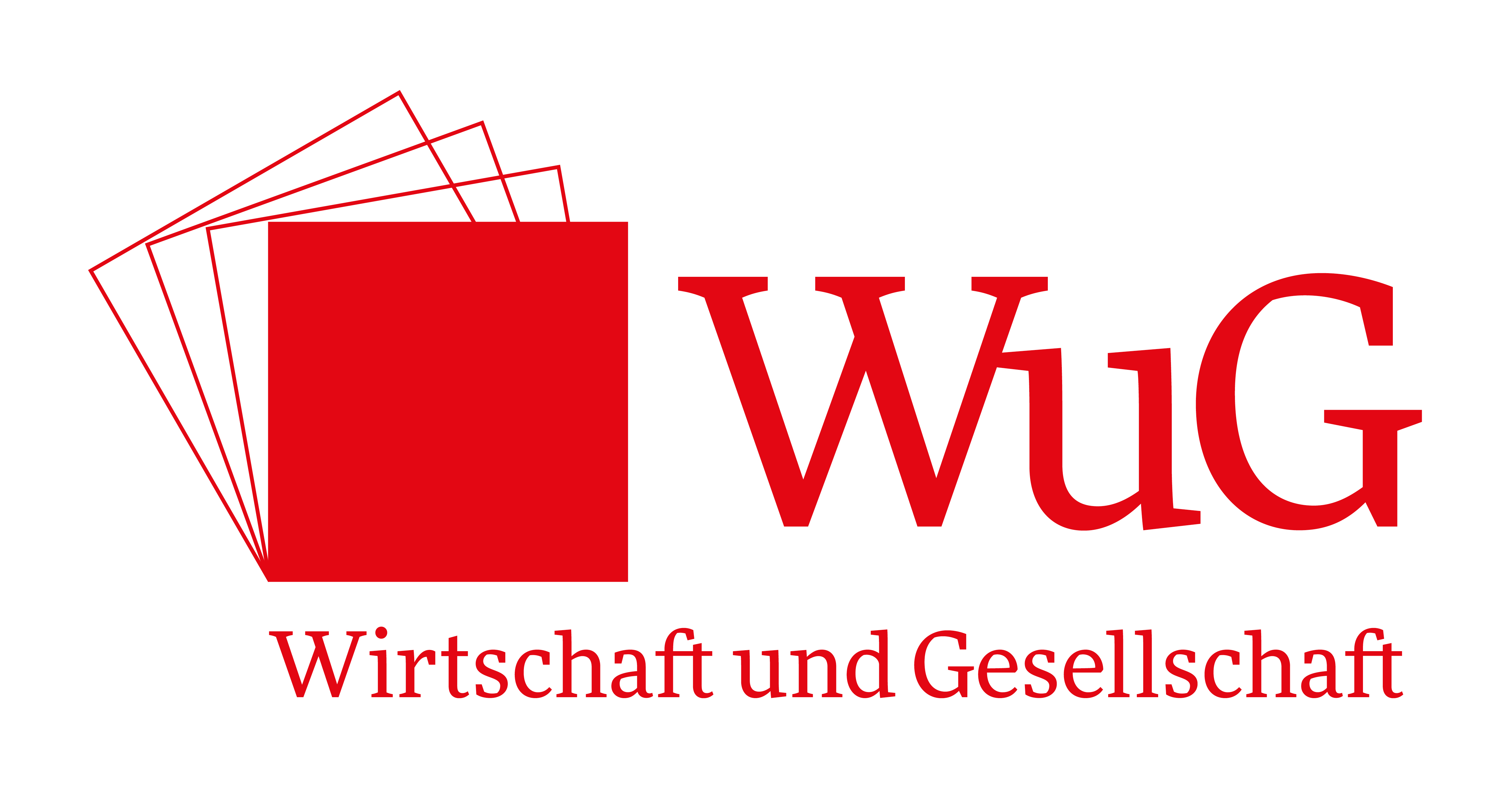Abstract
Inflation in Austria started to rise from mid-2021 during recovery from the Corona crisis. The Russian invasion in Ukraine and the heavy increases in energy prices made things worse and brought inflation to over 10%. The government did not enter into direct formal negotiations with social partners but subsequent anti-inflation packages met many demands made by the social partners. The attempt to influence wage negotiations via a tax exemption for one-off payments failed as they were not widely used in collective agreements. One-off payments are not suitable to compensate for permanent real wage losses. Current wage negotiations are tougher than usual, requiring long negotiation rounds including the thread of industrial action. The policy of unions to base their demand on past inflation allows for a substantial delay in nominal wage increases. The government has not yet included more direct measures to fight high inflation, like direct price controls, changes to the design of markets, or reforms of the automatic housing rent indexation. The wage setting system in Austria is still working but it will remain difficult to reach agreements, especially as a substantial part of the real wage losses has to be recovered over the coming years. A stronger use of regulatory measures and direct public involvement in the energy, housing and potentially the food price sector might be required if the current energy supply crisis and the transformation to a low carbon economy should be managed successfully in the future.

